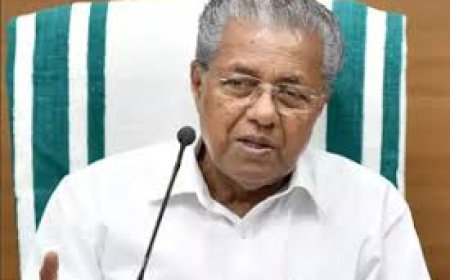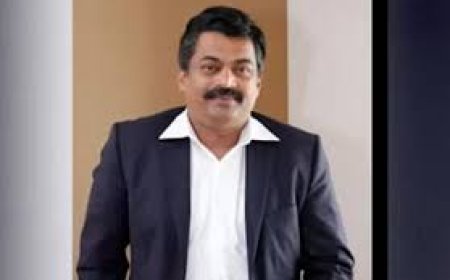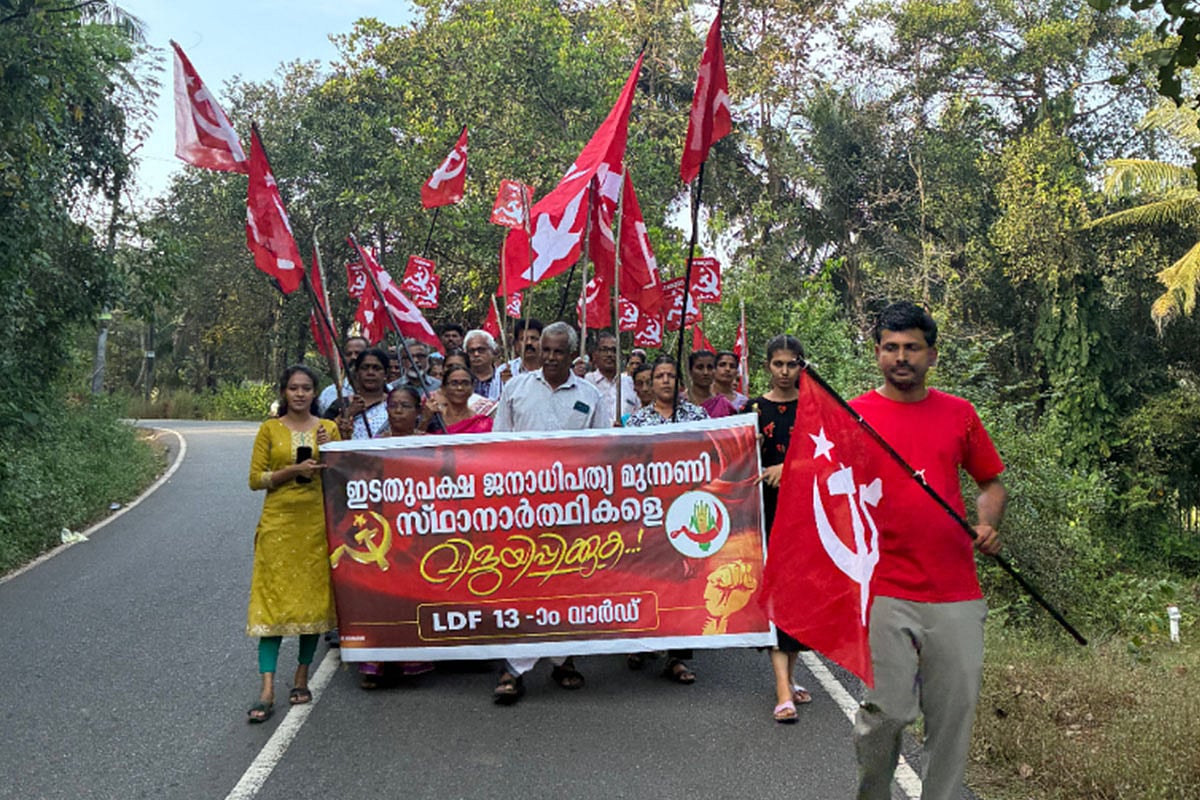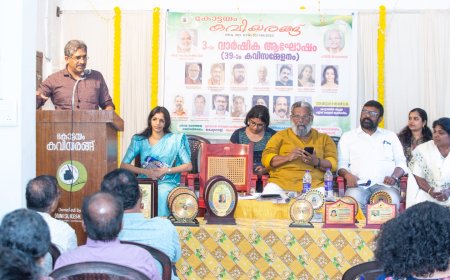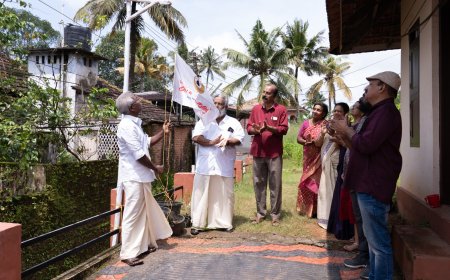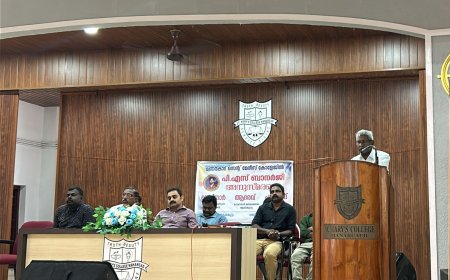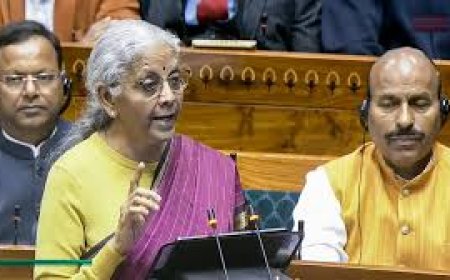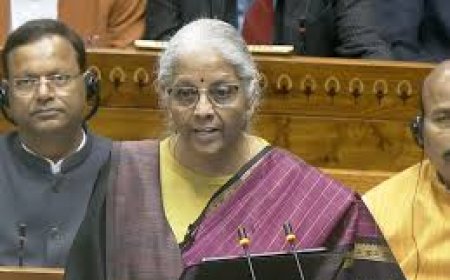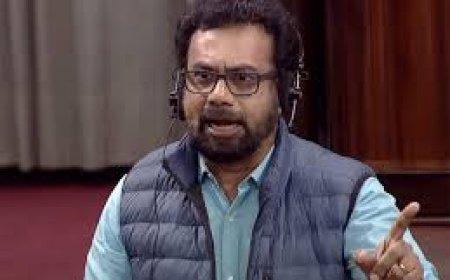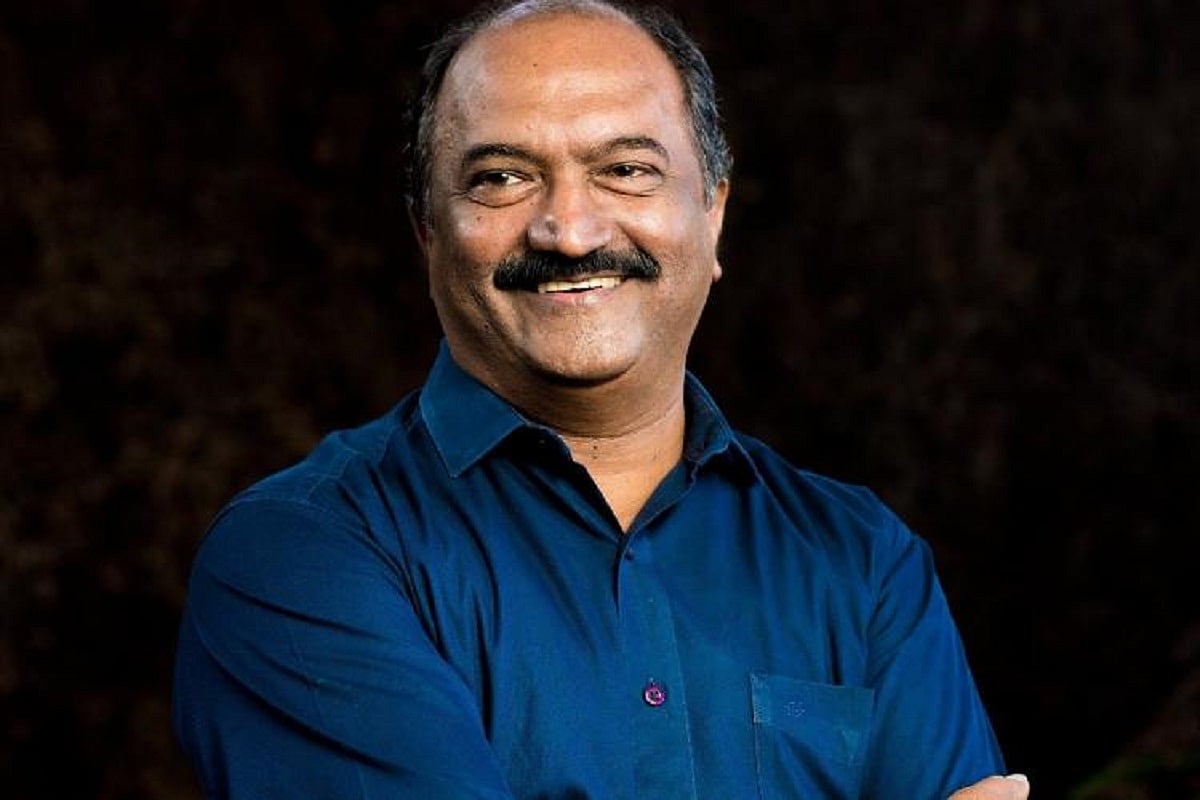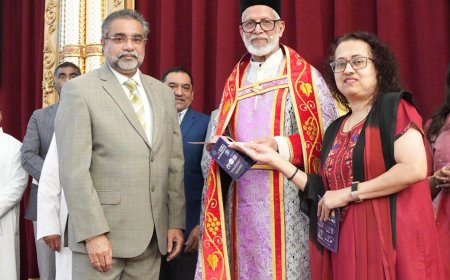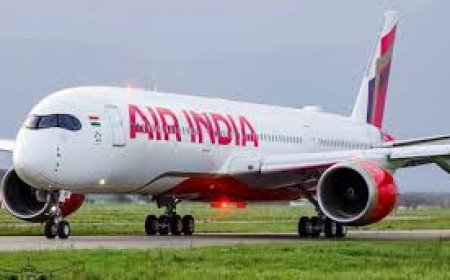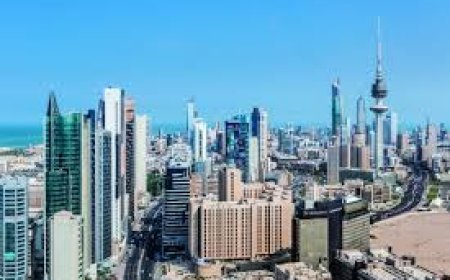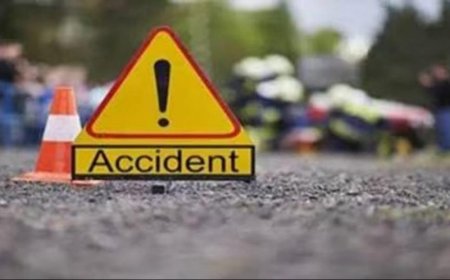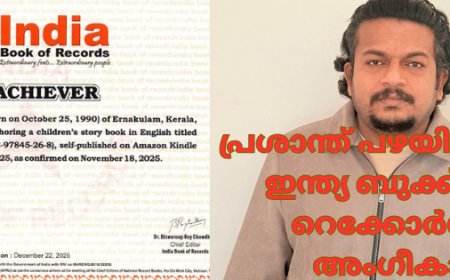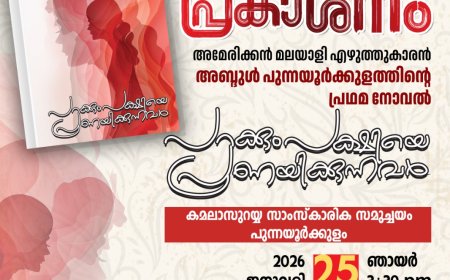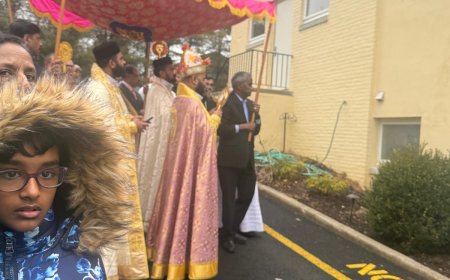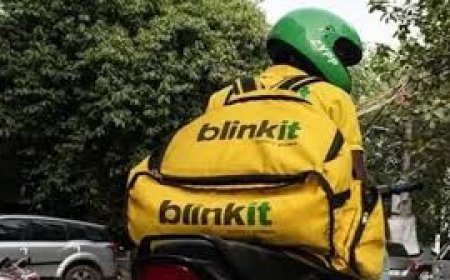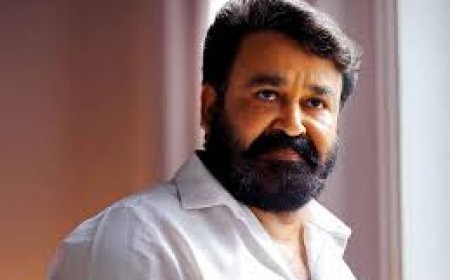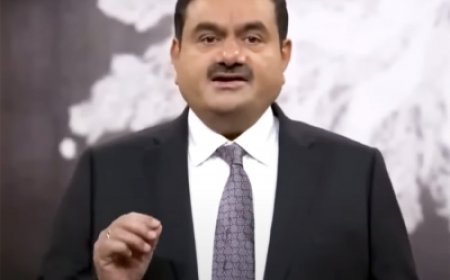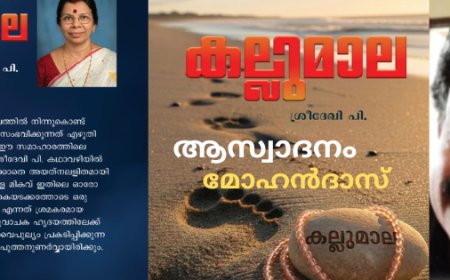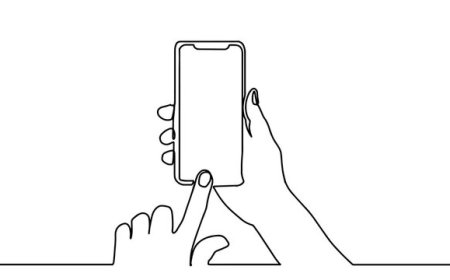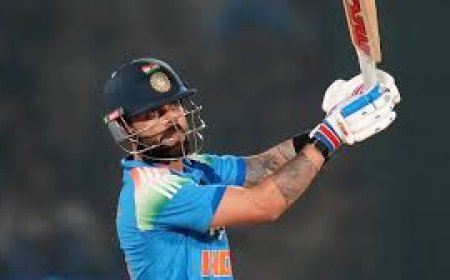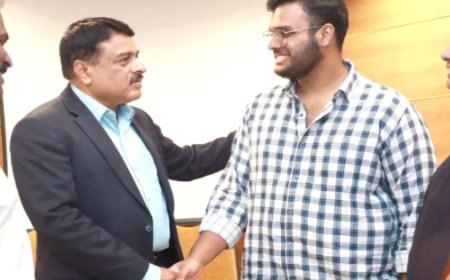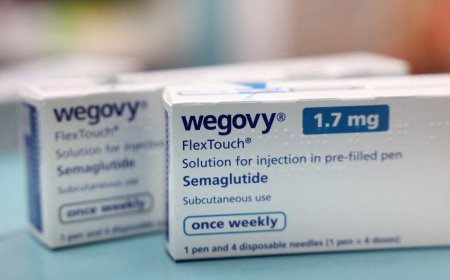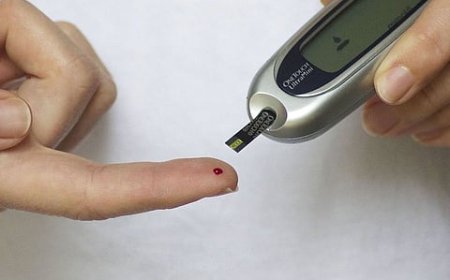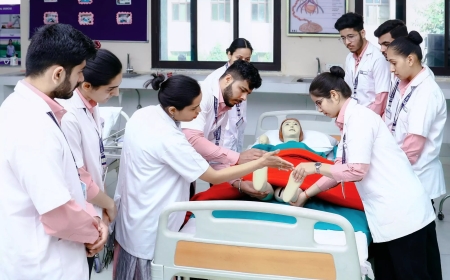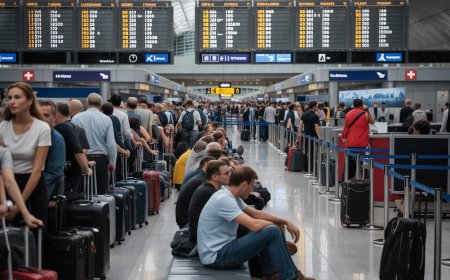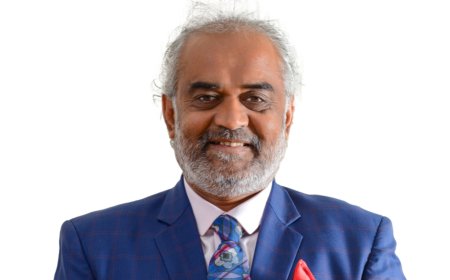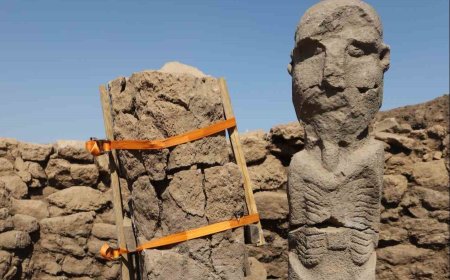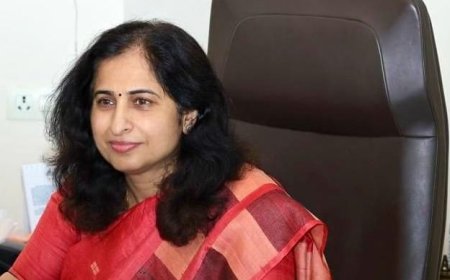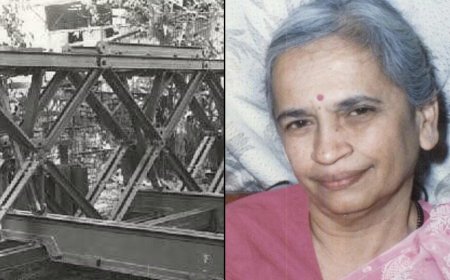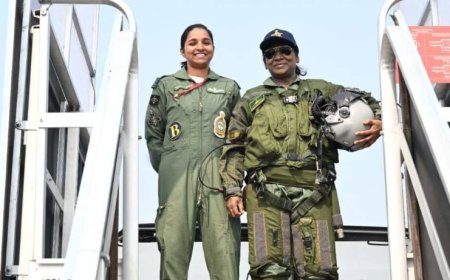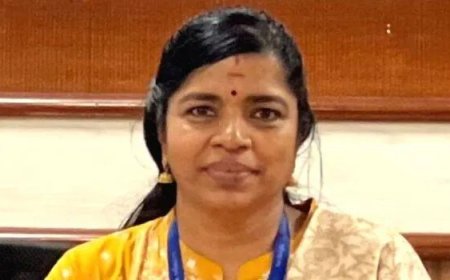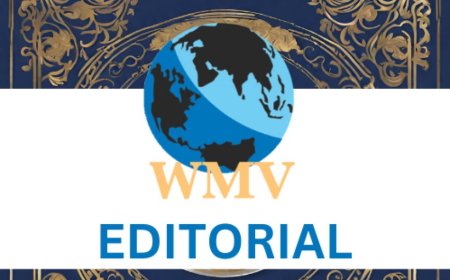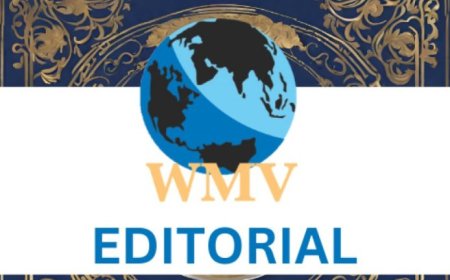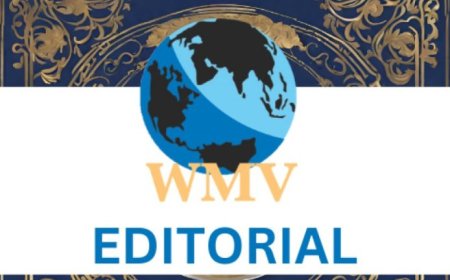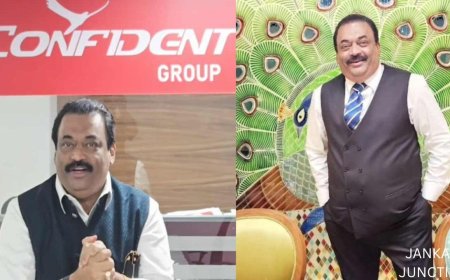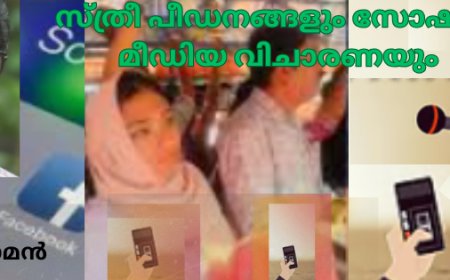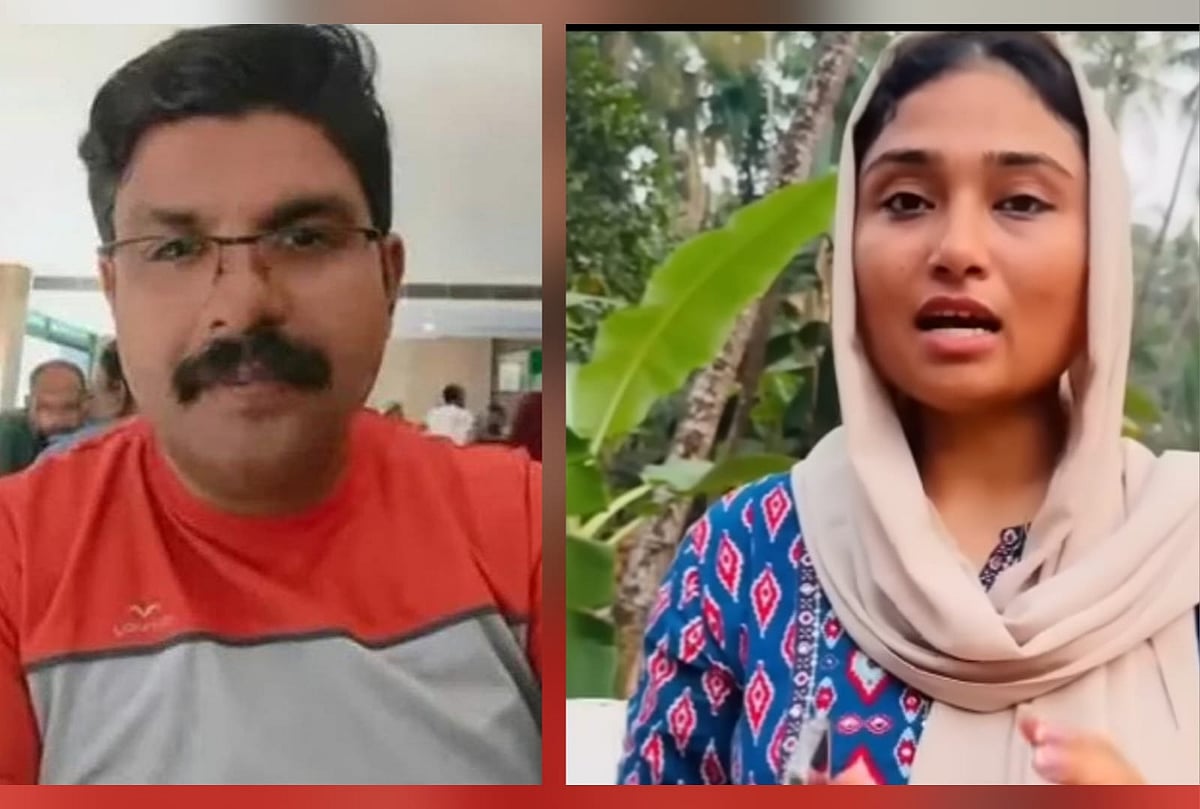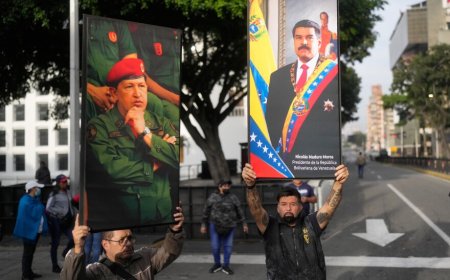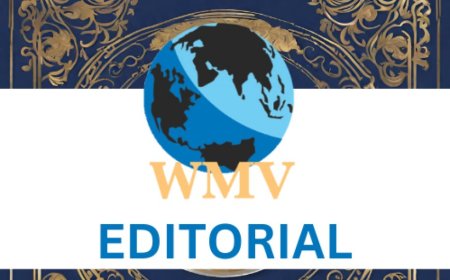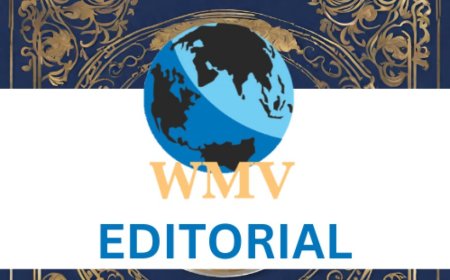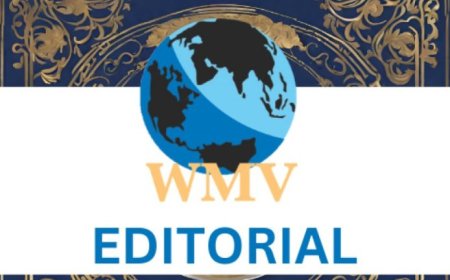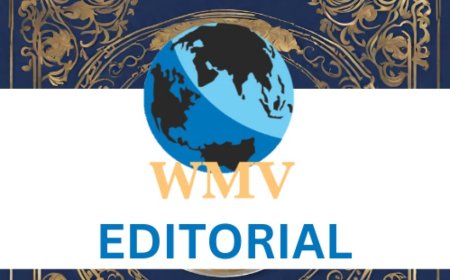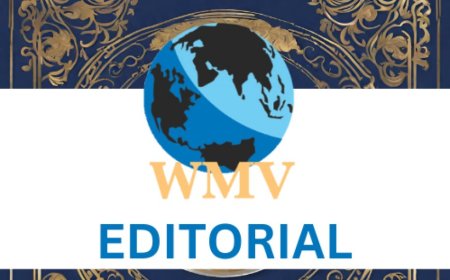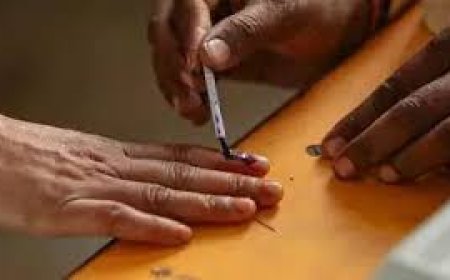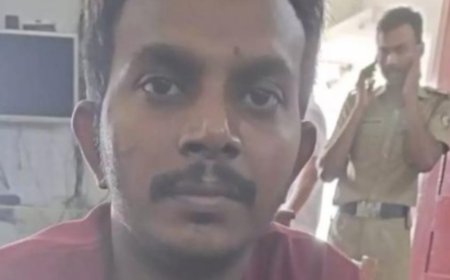IMA arms Palakkad doctors with pepper spray for self-defence
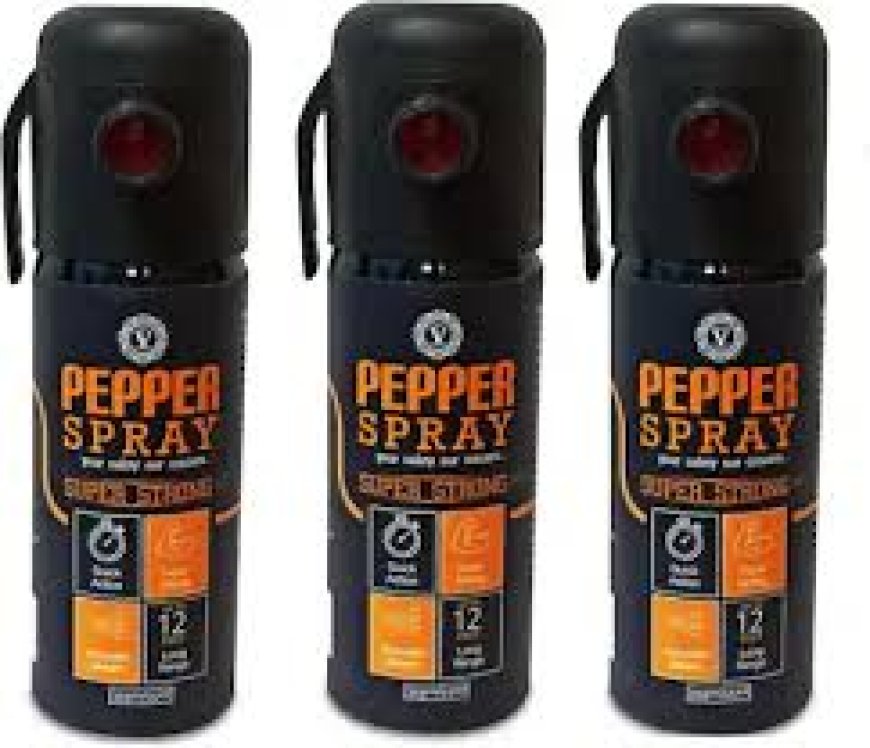
IN a bold safety initiative, the Indian Medical Association’s (IMA) Palakkad branch is arming doctors with a potent new tool: pepper spray, reports The Hindu.
Soon, alongside the trusty stethoscope, blood pressure monitor, reflex hammer, and tongue depressors, a compact canister of pepper spray will sit on doctors' desks in Palakkad.
The IMA is distributing pepper spray canisters as a direct response to the rise in attacks on doctors, a disturbing trend that has left the medical community on edge. The IMA Palakkad has thus become the country’s first medical organization to take this step.
A string of brutal incidents, including the 2023 stabbing to death of Vandana Das at Kottarakara, the 2024 rape and murder of a Kolkata doctor, and a recent brutal attack on a Thamarassery doctor, have shaken the medical community and left many doctors feeling unsafe and targeted.
“Our goal is to equip doctors with the tools they need to protect themselves as they are facing a growing number of attacks,” said R. Sathyajith, president of IMA Palakkad.
Two dozen canisters distributed
On Saturday, nearly two dozen canisters were distributed, marking the beginning of a larger effort to equip their 900-odd members with the safety tool, The Hindu added.
The IMA has placed a bulk order for pepper spray canisters. But due to air cargo restrictions, they are expecting a delay of about a week to receive the required quantity.
According to Dr. Sathyajith, the pepper spray distribution is a wake-up call to the community. “We are sending a message that doctors are feeling increasingly vulnerable and threatened, and demanding that authorities take concrete steps to address this pressing concern,” he said.
Dr. Sathyajith criticised the government’s inaction on its own 2021 directives, which included installing surveillance cameras in key hospital areas, appointing ex-servicemen as security staff, and providing security training to paramedical staff. None of those measures has been implemented, he pointed out.
“We have been persistently pushing for hospitals to be designated as safe zones,” said Dr. Sathyajith.
“News of attacks on doctors has made us feel increasingly vulnerable, especially with limited security even at night. This move is a welcome confidence booster,” said C.S. Swapna, a gynaecologist at Government Medical College Hospital, Palakkad.
Dilip Kuncheria, an orthopaedist at Government Medical College Hospital and former IMA secretary, raised a critical issue: “The public often misjudges doctors’ situations. The patient load has surged over the years, but the system remains unchanged and leaves doctors to cope with the strain.”
